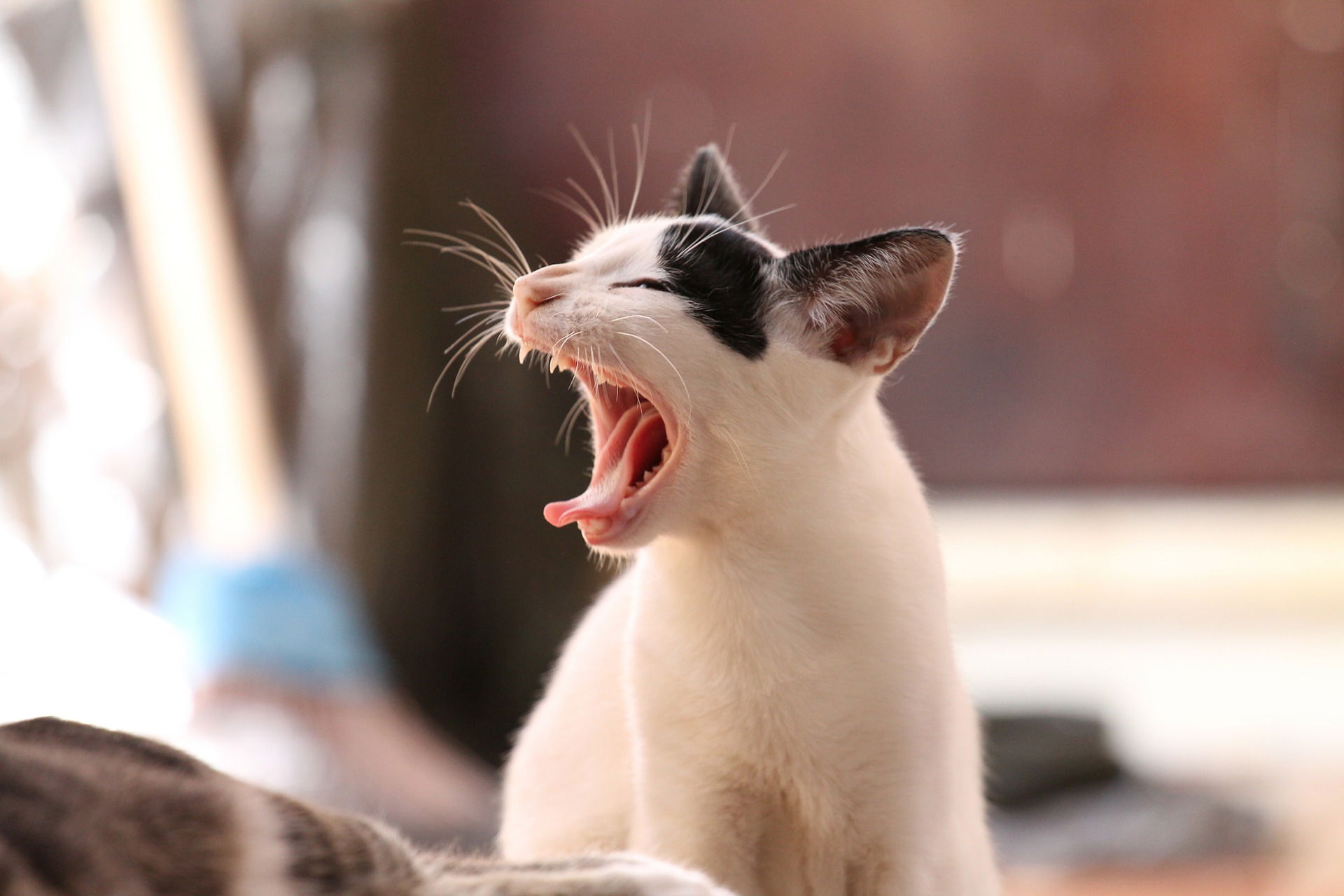
Periodic nighttime yowls from cats can leave owners perplexed and concerned. While playing hormones are often held responsible, there are additional factors that demand consideration in order to alleviate both the cat's distress and the owner's sleepless nights.
- Guarding Territory: Inherent in all cats is the territorial instinct. Domesticated felines have inherited this trait from their wild ancestors. Despite improved living conditions, they persist in asserting their housing rights. By loudly vocalizing at night, especially when in a new environment, cats deter potential intruders—mice, rats, and neighboring cats—marking their presence and safeguarding their territory.
- Foretelling Disasters: Cats occasionally emit loud cries in anticipation of natural calamities or impending disasters. Sensing phenomena like fires, gas leaks, earthquakes, or thunderstorms, they vocalize to alert their owners to potential dangers. Such behavior serves as a natural warning system, conveying potential threats.
- Weather Predictors: Cats might vocally communicate imminent cold weather. Their behavior becomes agitated jumping onto laps, seeking refuge under covers, and rapidly retracting. Such indications should not be disregarded. Calming the cat and delving into the cause of its distress, often triggered by external factors like barking dogs, is essential.

- Health Indicator: If a normally placid cat suddenly exhibits nighttime vocalizations, it could indicate an underlying illness. Prompt veterinary attention is advisable to diagnose any potential ailments, including parasites, nervous disorders, or pain. A physical examination can help identify abnormalities, ensuring timely treatment.
- Estrus and Reproductive Urges: Unsprayed or unneutered cats typically vocalize during the mating period. The powerful instinct to reproduce leads to both psychological and physiological distress. While remedies can alleviate this drive, their prolonged use might pose health risks to pets, making them a more suitable choice for the owner's benefit.
In the event of significant changes disrupting a cat's accustomed routine, adjustment periods are normal. Whether it's a new residence, household member, or even alterations in household products such as detergents or cleaners, cats might express their displeasure through vocalizations if the new elements don't align with their preferences. Understanding these diverse reasons for nighttime cat calls allows owners to respond more effectively to their feline companions, fostering a harmonious environment for both the pet and its caretaker.